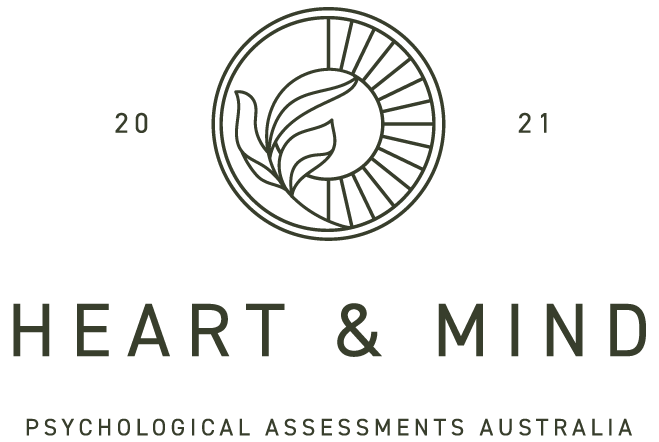How To Know if Your Child Has Dyscalculia, Dysgraphia or Dyslexia.
Dyscalculia, dysgraphia, and dyslexia are specific and distinct learning disorders. They put an extra barrier between your child and success in mathematics, writing, or reading, or even all three. Specific learning disorders affect both sexes equally, and dyslexia in particular affects up to 20% of the population! Signs of specific learning disorders begin during childhood, however, some people do not notice the signs until adulthood. It is important to realise that people who struggle with these learning disorders have difficulty through no fault of their own; they merely require a little extra support to help them through their unique concerns.
Dyscalulia is when a child has difficulty understanding numbers, including comprehending calculations, solving maths problems, and trouble applying mathematical concepts such as equations or using maths symbols.
Dysgraphia and dyslexia are often confused with one another. Dysgraphia is when a child has trouble putting their thoughts onto paper and is mainly observed through difficulties with spelling, grammar, punctuation, and the organisation of their writing. On the other hand, children with dyslexia can find it hard to process written language, and will often struggle with reading and comprehension of text. This will lead children with dyslexia to avoid reading for fun as well as avoid reading instructions, signs, and other every-day reading tasks. It is a common misconception that all children with dyslexia read and write letters backwards! Whilst this does occur, is not the case for most children with dyslexia (American Psychiatric Association, 2013).
Dycalculia, dysgraphia and dyslexia can get in the way of your child's progress at school, and without appropriate support, may turn them away from the life-long process of learning. Although there is no ‘cure’ as such, there are many treatment options we will provide to help manage you and your child’s individual needs. This includes special education services which work with children to improve reading, writing, and maths, to help make sure that your child is provided with the education that best suits them. We can also work with your child's school to provide learning accommodations, such as a little bonus time on tests, or allowing essays to be typed instead of hand written, as supported by the Australian Dyslexic Association (2022).
If you or your child have experienced any of these symptoms, then please book an appointment with our friendly psychologists here at Heart and Mind. We will conduct an assessment, and collaborate with you to find a treatment plan that works for your needs!
Researched and written by Chantelle Takos
Edited by Liam Correll
References
American Psychiatric Association. (2013). Diagnostic and Statistical Manual of Mental Disorders, Fifth Edition. (DSM-5)
Australian Dyslexia Association. (2022). Dyslexia, Dysgraphia and Dyscalculia? https://dyslexiaassociation.org.au/support/dyslexiadysgraphia-and-dyscalculia/
